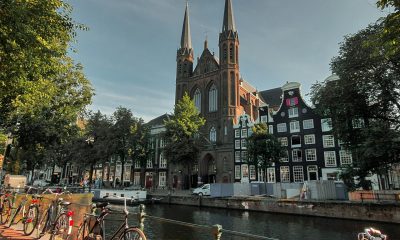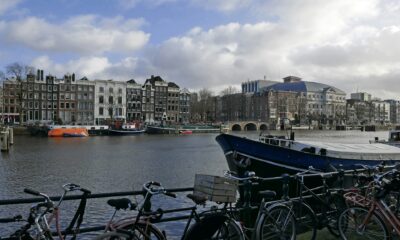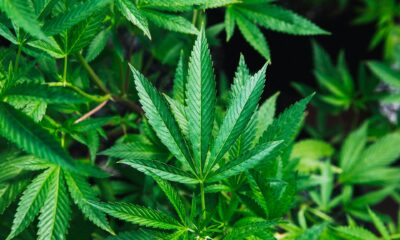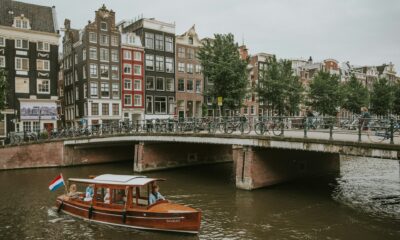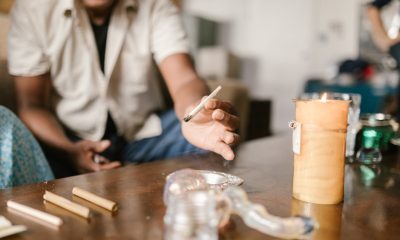Cannabis
Coffee Shops in Only 10 Dutch Cities Will Sell Legal Cannabis from April 2025
From April 2025, only coffee shops in 10 Dutch cities will sell regulated cannabis. This is another step towards full legalization and regulation of the cannabis market in the Netherlands. The experiment of a closed chain of coffee shops could prove to be a key turning point in global cannabis policy.
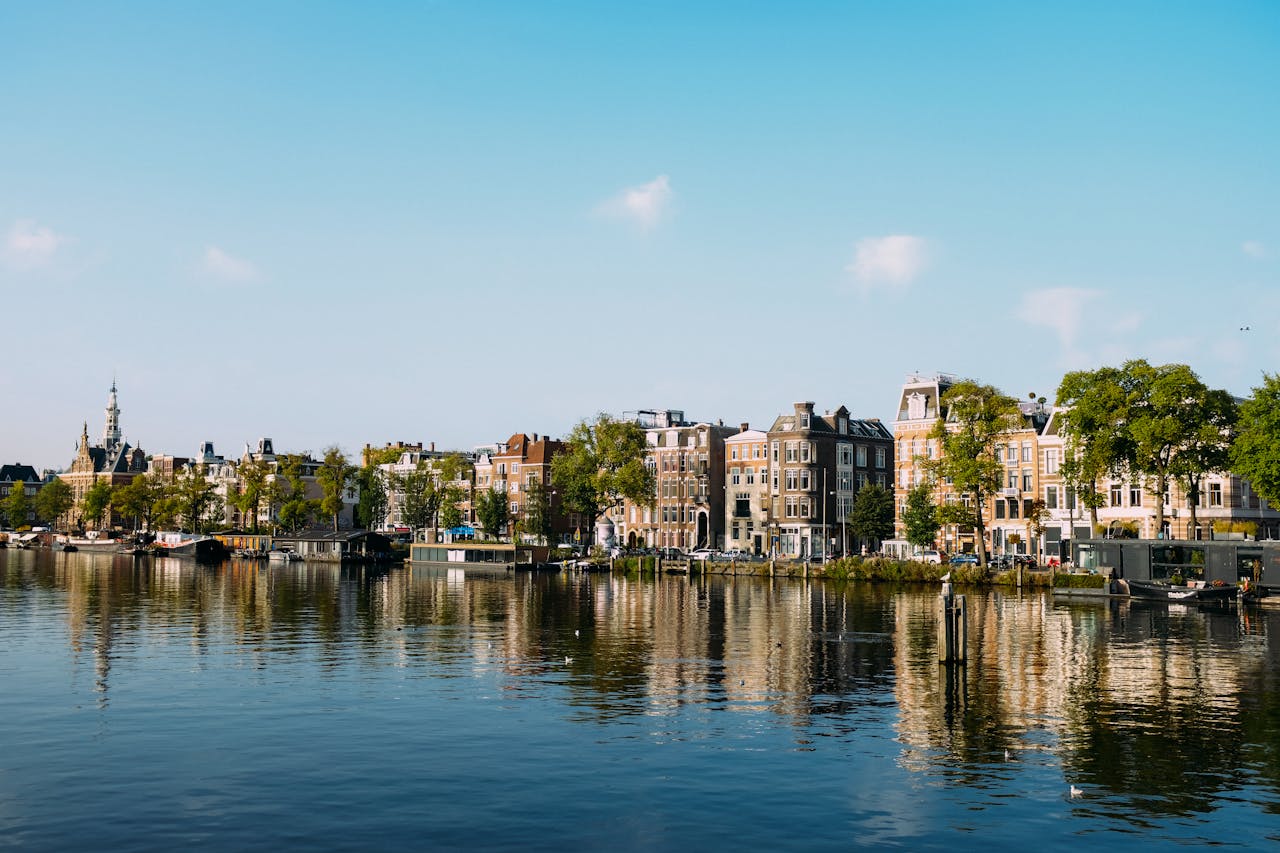
The Netherlands, known for its liberal approach to cannabis, is entering a new era of regulation. Starting in April 2025, coffee shops in 10 Dutch cities will only be allowed to sell cannabis from licensed producers.
This is part of a large-scale experiment that will test the possibilities of creating a fully legal cannabis production and distribution chain. Will the Netherlands end the era of tolerance and open the door to full legalization? Let’s take a closer look at the details.
Context and objectives of the experiment
The Dutch policy of tolerance towards cannabis, known as “gedoogbeleid,” allows the sale of small amounts of cannabis in coffee shops, but production and wholesale distribution remain illegal. This is the so-called “front door, back door system” – legal sales at the entrance to the coffee shops, but illegal deliveries through the back door.
The experiment aims to end this unclear situation, reduce the impact of crime on the market and improve public safety. As the mayor of Breda, Paul Delpa, emphasized:”The current system is deviant. Sales are legal, but production is not. This fuels a criminal world that profits from the production and sale of cannabis. This needs to change.”
Stages of cannabis sales regulation: coffee shops to only sell legal cannabis
The experiment began in late 2023 in Breda and Tilburg , and expanded to Groningen, Zaanstad, Almere, Arnhem, Nijmegen, Voorne aan Zee, Heerlen, and Maastricht in June 2024. In the initial phase, coffee shops offered both regulated and “illegal” cannabis, which was intended to help assess the “quantity, quality, and variety” of products.
As of April 7th, 2025, 75 coffee shops in these 10 cities will be allowed to sell only products from licensed producers. There are currently four licensed companies, but three more will join them soon, increasing supply stability and consumer choice.
The policy of tolerance, although for decades a symbol of liberalism, has created serious problems. Illegal cannabis production fuels crime, including money laundering, violence and corruption. According to government reports, the current system also makes it difficult to effectively control the quality of products and combat the illegal market.
Reactions to the experiment
The introduction of the experiment has been met with mixed reactions. Supporters emphasize that regulating the cannabis market is necessary to ensure public safety and reduce the impact of crime. Critics fear that the project may not yield the expected results, especially without the participation of Amsterdam, a city that has been a symbol of Dutch cannabis policy for decades.
What’s more, a last-minute attempt to include the eastern district of Amsterdam in the experiment was rejected by parliament. However, a majority of MPs still support continuing the project, rejecting proposals to discontinue it, including from the far-right PVV.
Expected effects of the experiment
The experiment will last four years, and its results could become the foundation for future Dutch drug policy. Regulating the entire chain – from production to sale – is expected to improve public safety, reduce crime and provide consumers with access to high-quality cannabis.
With regulation, coffee shops will be able to offer products with predictable quality and composition, which is key for both recreational and medical users. Long-term effects also include the possibility of using the results of the experiment as a model for other countries considering legalizing cannabis.
One of the key challenges was to secure enough licensed cannabis producers. There are currently four, but three more will join by April 2025, which will allow for demand to be met in the 75 coffee shops participating in the project. Licensed producers will be able to fully adapt their crops to market demand.
__
(Featured image by Adrien Olichon via Pexels)
DISCLAIMER: This article was written by a third party contributor and does not reflect the opinion of Born2Invest, its management, staff or its associates. Please review our disclaimer for more information.
This article may include forward-looking statements. These forward-looking statements generally are identified by the words “believe,” “project,” “estimate,” “become,” “plan,” “will,” and similar expressions. These forward-looking statements involve known and unknown risks as well as uncertainties, including those discussed in the following cautionary statements and elsewhere in this article and on this site. Although the Company may believe that its expectations are based on reasonable assumptions, the actual results that the Company may achieve may differ materially from any forward-looking statements, which reflect the opinions of the management of the Company only as of the date hereof. Additionally, please make sure to read these important disclosures.
First published in FaktyKonopne. A third-party contributor translated and adapted the article from the original. In case of discrepancy, the original will prevail.
Although we made reasonable efforts to provide accurate translations, some parts may be incorrect. Born2Invest assumes no responsibility for errors, omissions or ambiguities in the translations provided on this website. Any person or entity relying on translated content does so at their own risk. Born2Invest is not responsible for losses caused by such reliance on the accuracy or reliability of translated information. If you wish to report an error or inaccuracy in the translation, we encourage you to contact us

-

 Crypto1 week ago
Crypto1 week agoEthereum Pushes AI Integration With ERC-8004 and Vision for Autonomous Agents
-
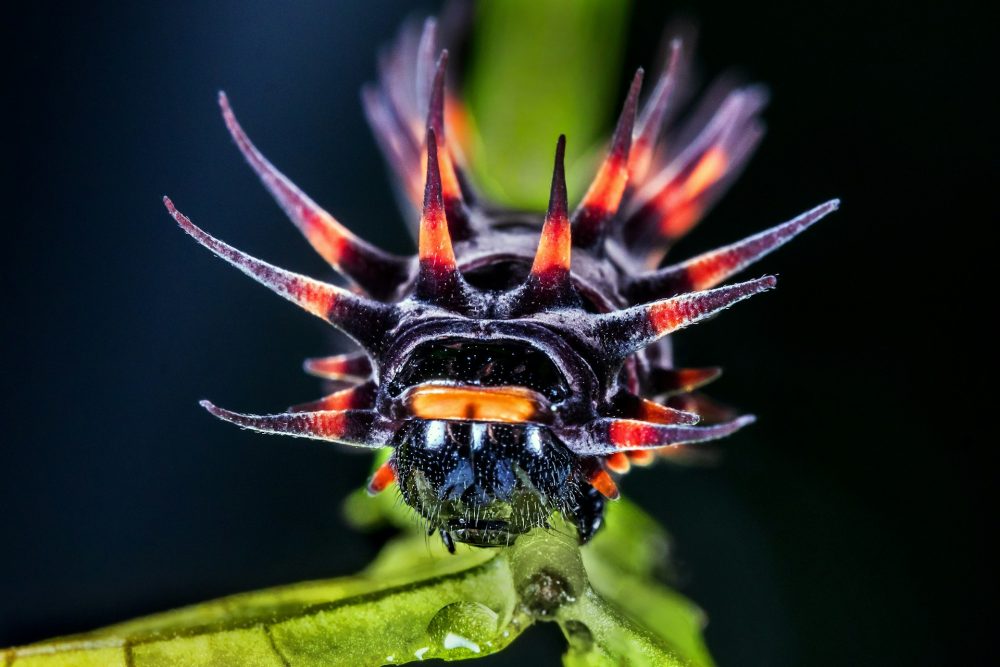
 Biotech2 weeks ago
Biotech2 weeks agoByBug Turns Insect Larvae into Low-Cost Biofactories for Animal Health
-

 Business2 days ago
Business2 days agoDow Jones Near Record Highs Amid Bullish Momentum and Bearish Long-Term Fears
-

 Business1 week ago
Business1 week agoDow Jones Breaks 50,000 as Bull Market Surges Amid Caution and Volatility
